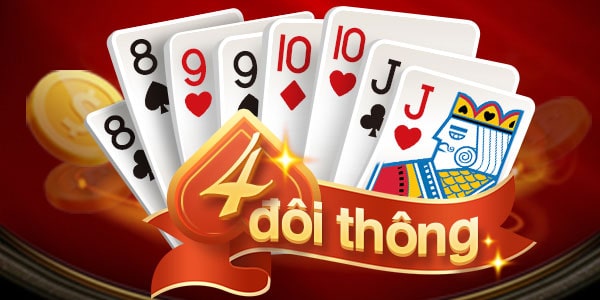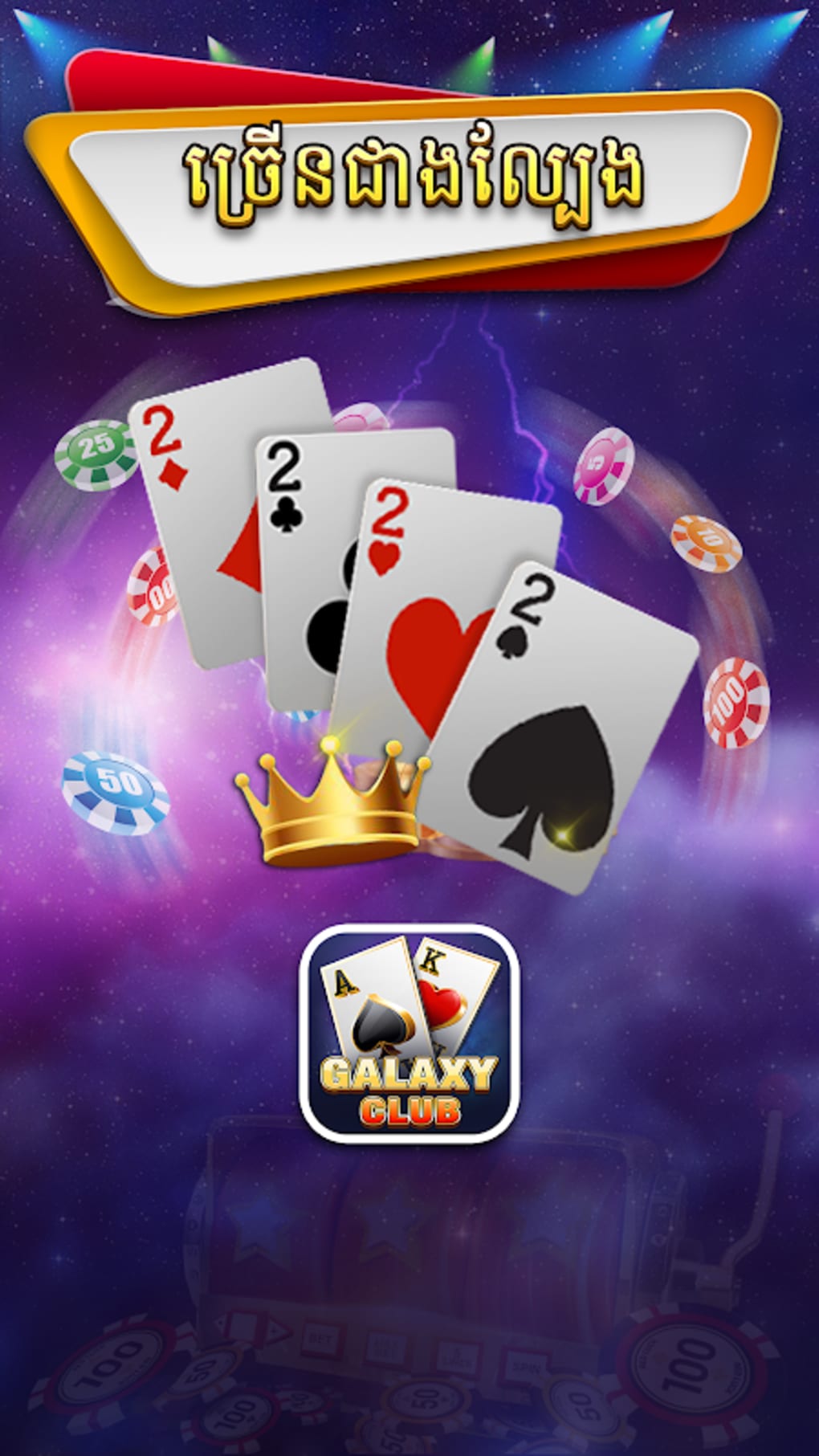Mastering Poker The Ultimate Card Challenge
₫6.756.681
Mastering Poker The Ultimate Card Challenge
Product description
92lottery Poker, also known as Vietnamese Poker, is a captivating card game that has captivated players across the globe. This ancient Vietnamese game combines elements of strategy, luck, and social interaction, making it a true test of one's gaming prowess. Whether you're a seasoned player or a newcomer to the world of Poker, this comprehensive guide will equip you with the knowledge and skills to become a true master of the game.
The Basics of Poker

Understanding the Deck and Card Rankings
92 lottery Poker is played with a standard 52-card deck, with the addition of two jokers. The cards are ranked from highest to lowest as follows: Aces, Kings, Queens, Jacks, 10s, 9s, 8s, 7s, 6s, 5s, 4s, 3s, 2s. The jokers are the highest-ranking cards in the deck.
Objective of the Game
The objective of Poker is to be the first player to get rid of all the cards in your hand. Players take turns playing sets of cards, with the goal of matching or surpassing the previous player's set. The game continues until one player successfully plays all their cards, becoming the winner.
Number of Players and Gameplay
Poker can be played with 4 to 10 players, with the most common number being 4 or 6 players. The game begins with each player being dealt 13 cards, and the player holding the 3 of Clubs (or the 3 of Diamonds, depending on the variant) plays first.
Mastering the Gameplay

Understanding the Different Sets of Cards
In Poker, players can play various sets of cards, including single cards, pairs, triples, straights, and full houses. The strength of each set is determined by the rank of the cards, with higher-ranking sets taking precedence over lower-ranking ones.
Single Cards
A single card is the basic unit of play in Poker. Players can play any single card, as long as it is higher than the previous card played.
Pairs
A pair is two cards of the same rank. Pairs are played by placing two cards of the same rank on the table.
Triples
A triple is three cards of the same rank. Triples are played by placing three cards of the same rank on the table.
Straights
A straight is a sequence of three or more cards of the same suit in sequential order. For example, a straight could be 5-6-7 of Hearts or J-Q-K of Diamonds.
Full Houses
A full house is a set of five cards consisting of a triple and a pair. For example, three Kings and two Queens would form a full house.
Strategizing Your Moves
Effective strategy is crucial in Poker, as players must carefully consider their options and anticipate the moves of their opponents. Some key strategic considerations include:
Card Management
Effectively managing your card resources is essential in Poker. Players must balance the need to play high-ranking sets with the desire to hold on to valuable cards for future rounds.
Anticipating Opponent Moves
Closely observing your opponents' play and trying to anticipate their next moves can give you a significant advantage. By understanding their card distribution and playing style, you can make more informed decisions.
Bluffing and Deception
Poker allows for a certain degree of bluffing and deception, where players may intentionally play a weaker set to mislead their opponents. Mastering the art of bluffing can be a powerful tool in your strategic arsenal.
Utilizing Jokers
Jokers are the highest-ranking cards in Poker and can be incredibly valuable. Skillful use of jokers can give you an edge over your opponents, allowing you to make powerful plays or escape tricky situations.
Adapting to Different Game Variants
While the basic rules of Poker remain consistent, there are several variants of the game that introduce different gameplay elements. Understanding and adapting to these variations can broaden your Poker expertise.
Classic Poker
The classic version of Poker follows the basic rules outlined earlier, with the 3 of Clubs (or 3 of Diamonds) as the starting card.
Poker with Bid
In this variant, players must bid a certain number of cards they will play before the round begins, adding an extra layer of strategy to the game.
Poker with Jokers
Some versions of Poker allow players to use jokers as wild cards, which can significantly impact the gameplay and decision-making process.
Poker with Aces High/Low
Some variants of the game treat Aces as the highest or lowest card in the deck, changing the hierarchy of the card sets and the overall strategy.
Poker Etiquette and Sportsmanship

Respecting the Rules and Traditions
Poker has a rich cultural heritage, and part of mastering the game involves understanding and respecting the traditional rules and customs associated with it. This includes understanding the proper card handling techniques, game etiquette, and respecting the flow of gameplay.
Maintaining Sportsmanship
Poker is a social game that often brings together players from diverse backgrounds. Maintaining a spirit of sportsmanship and camaraderie is essential to ensure an enjoyable and engaging gaming experience for all participants.
Dealing with Disputes and Rule Clarifications
Inevitably, during the course of a Poker game, there may be instances where players disagree on the interpretation of the rules or the validity of a particular play. Knowing how to handle such situations with grace and diplomacy is crucial for maintaining a positive gaming environment.
Poker Tournaments and Competitive Play
Participating in Poker Tournaments
As Poker's popularity has grown, a thriving tournament scene has emerged, offering players the opportunity to showcase their skills and compete against the best players from around the world. Participating in Poker tournaments can be a thrilling and rewarding experience, but it also requires a deep understanding of the game's mechanics and a high level of strategic thinking.
Preparing for Poker Tournaments
Successful tournament play in Poker requires extensive preparation and practice. This includes mastering the various card sets, developing effective strategies, and honing your ability to read and anticipate your opponents' moves.
Navigating the Tournament Environment
Competing in Poker tournaments can be a unique experience, with specific challenges and considerations that players must navigate. Understanding the tournament format, dealing with time pressure, and maintaining focus and composure under the intense competitive atmosphere are all essential skills for tournament success.
Poker Online and Mobile Platforms
The Rise of Digital Poker
In recent years, the proliferation of online and mobile gaming platforms has led to a surge in the popularity of digital Poker. These digital versions of the game offer players the convenience of playing anytime, anywhere, while also providing access to a wider pool of opponents and the ability to engage in real-time gameplay.
Navigating Digital Poker Platforms
Transitioning from physical Poker to its digital counterpart requires some adjustment, as players must adapt to the unique interface, game mechanics, and technical aspects of the online/mobile platforms. Understanding the nuances of these digital platforms is crucial for seamless and successful Poker gameplay.
Strategies for Digital Poker
While the core principles of Poker remain the same, the digital environment introduces new strategic considerations. Players must learn to effectively manage their card resources, adapt to the faster-paced gameplay, and leverage the additional features and tools provided by the digital platforms.
FAQs
What is the origin of Poker?
Poker, also known as Vietnamese Poker, is a traditional Vietnamese card game that has been played for centuries. The exact origins of the game are not entirely clear, but it is believed to have developed from a combination of traditional Chinese and Vietnamese card games.
How many players can participate in a Poker game?
Poker can be played with anywhere from 4 to 10 players, with the most common number of players being 4 or 6.
What are the different sets of cards that can be played in Poker?
In Poker, players can play various sets of cards, including single cards, pairs, triples, straights, and full houses. The strength of each set is determined by the rank of the cards, with higher-ranking sets taking precedence over lower-ranking ones.
Can jokers be used in Poker, and if so, how?
Jokers are the highest-ranking cards in Poker and can be incredibly valuable. In some variants of the game, jokers can be used as wild cards, allowing players to substitute them for any other card in the deck.
How can I improve my Poker skills and become a better player?
To improve your Poker skills, focus on the following:
- Understand the basic rules and card rankings
- Develop effective card management and strategic thinking
- Learn to anticipate your opponents' moves and adapt your play accordingly
- Practice regularly, either with friends or on digital platforms
- Stay up-to-date with the latest Poker variants and tournament trends
Conclusion
Mastering Poker, the captivating Vietnamese card game, is a journey that rewards players with a deep sense of satisfaction and a true test of their gaming prowess. By understanding the game's rich history, mastering its mechanics, and embracing the strategic challenges it presents, you can become a true Poker virtuoso. Whether you're a seasoned player or a newcomer to the game, this comprehensive guide has provided you with the essential knowledge and insights to embark on your Poker mastery journey. So gather your friends, shuffle the deck, and get ready to immerse yourself in the thrilling world of Poker – the ultimate card challenge.
POSTER SEO_TELEGRAM







